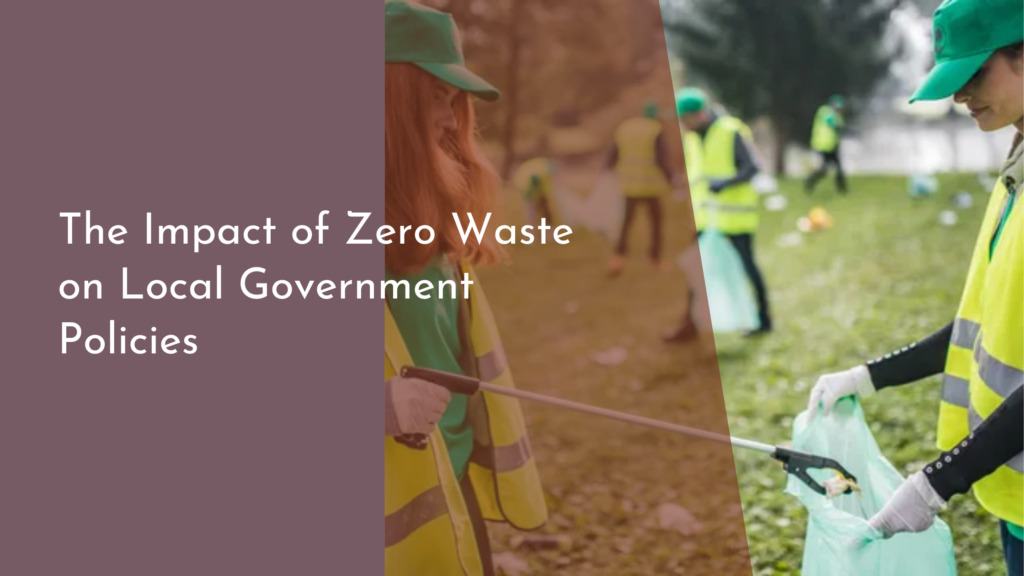How to Get Involved in Environmental Activism Locally
Environmental activism is more important than ever as we face the pressing challenges of climate change, pollution, and habitat destruction. Getting involved in your local community can be a rewarding way to make a tangible difference while connecting with like-minded individuals. This guide will help you understand local environmental issues, find activist groups and events, contribute your time and skills, and build a supportive community of fellow activists.
Understanding Local Environmental Issues
Before diving into activism, it’s crucial to have a solid understanding of the environmental issues that affect your local area. Start by researching the most pressing concerns in your community, such as air and water quality, waste management, or the preservation of natural spaces. You can gather this information from local news outlets, government reports, or environmental organizations that operate in your vicinity. Additionally, attending local government meetings or public forums can provide insights into ongoing or upcoming projects that may impact the environment.
Engaging with local environmental issues also means understanding the socio-economic factors that contribute to them. Consider how industrial activities, urban development, or agricultural practices in your area influence environmental health. By grasping both the scientific and social dimensions of these issues, you’ll be better equipped to advocate for effective solutions. Moreover, this foundational knowledge will enable you to communicate more effectively with others, from policymakers to fellow citizens, about the importance of addressing these concerns.
Finding Local Activist Groups and Events
Once you have a good grasp of the local environmental landscape, the next step is to connect with existing activist groups and events. Start by searching online for environmental organizations in your area. Websites like Meetup or Facebook can be valuable resources for finding groups dedicated to conservation, climate action, or sustainable living. These organizations often welcome new members and provide ample opportunities for involvement, from volunteering at events to participating in campaigns.
Attending local environmental events is another excellent way to immerse yourself in activism. Look out for community clean-ups, tree plantings, or educational workshops hosted by local groups. These events not only allow you to contribute to meaningful projects but also offer a chance to meet fellow activists and learn from experienced leaders. By actively participating in these gatherings, you’ll become part of a vibrant network working towards a healthier environment.
Ways to Contribute Your Time and Skills
Volunteering your time and skills is a powerful way to support environmental causes. Consider what you can offer—whether it’s expertise in a specific field, creativity, or organizational skills—and find ways to apply these talents to local initiatives. For example, if you have a background in science or education, you might volunteer to lead workshops or presentations to raise awareness about environmental issues.
Alternatively, if you’re skilled in communication or marketing, you could assist local groups by managing social media accounts, creating promotional materials, or helping to organize events. Even if you don’t have specialized skills, your enthusiasm and willingness to contribute are invaluable. Many organizations need volunteers for various tasks, from distributing flyers to coordinating logistics for events. By actively participating, you not only assist in the success of these initiatives but also gain valuable experience and knowledge along the way.
Building a Community of Like-Minded Activists
Creating and being part of a community of like-minded activists is essential for sustaining motivation and achieving long-term goals. Start by fostering relationships with individuals you meet through local groups and events. Networking within these circles can lead to collaborative projects, idea exchanges, and mutual support. Remember, activism can be challenging, and having a support system can make a significant difference.
Consider starting a club or regular meet-up group where members can share updates, discuss issues, and plan actions. This can be as simple as gathering at a local café or holding virtual meetings if in-person gatherings are not possible. By creating a dedicated space for dialogue and planning, you cultivate a sense of belonging and shared purpose. Encouraging inclusivity and open communication within this community will ensure that everyone feels valued and heard, ultimately strengthening the collective impact of your environmental efforts.
Getting involved in local environmental activism is a fulfilling journey that can lead to significant change within your community. By understanding local issues, connecting with activist groups, contributing your skills, and building a community, you become a vital part of the movement towards a sustainable and thriving future. Remember that every small action contributes to a larger impact, and together, we can drive the change needed for a healthier planet.

